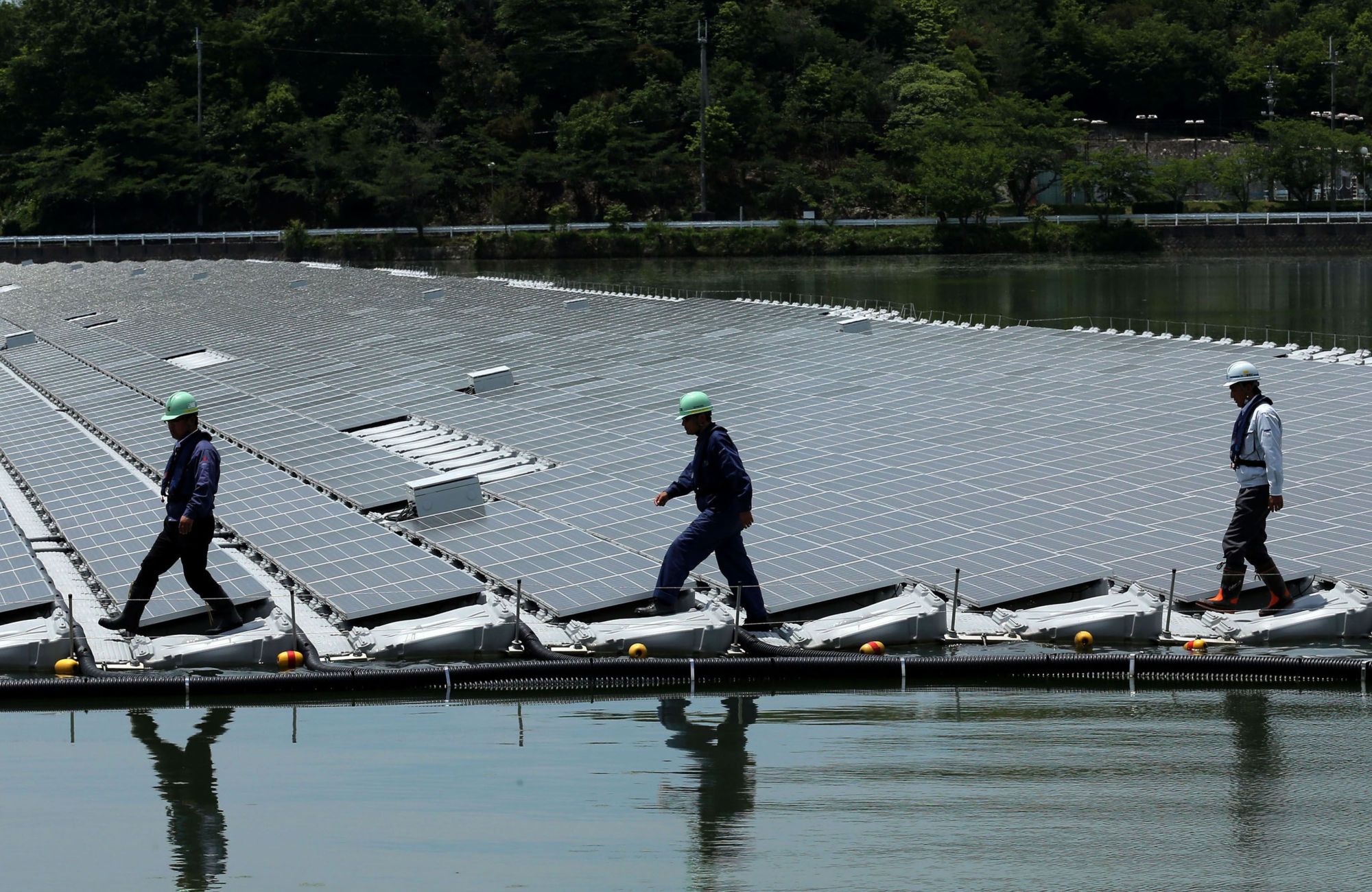The Paris agreement has accelerated worldwide momentum for strengthening global warming countermeasures.
As most greenhouse gas emissions come from energy consumption, key measures to check global warming are saving energy through efficient use and transitioning to low carbon energy. For example, better fuel efficiency would reduce the amount of carbon dioxide issuing from cars that run on fossil fuels. But to bring about a drastic reduction, it is essential to shift from gasoline to electric vehicles and from fossil fuel power generation to renewable energy and nuclear power that do not emit carbon dioxide. Carbon dioxide emissions can be significantly reduced by electrifying equipment and reducing the carbon content of power sources.
Enhancing zero-carbon energy is an urgent task as the Japanese government aims to derive 44 percent of power from renewable and nuclear power by 2030. The use of solar has been growing rapidly in Japan, but still, when we look at the power mix ratio in 2016, renewables other than hydroelectric, such as solar and wind, accounted for only 7 percent, compared with 8 percent for hydro. Increasing renewable energy will have to be a pillar of Japan's energy policy for the foreseeable future.



















With your current subscription plan you can comment on stories. However, before writing your first comment, please create a display name in the Profile section of your subscriber account page.